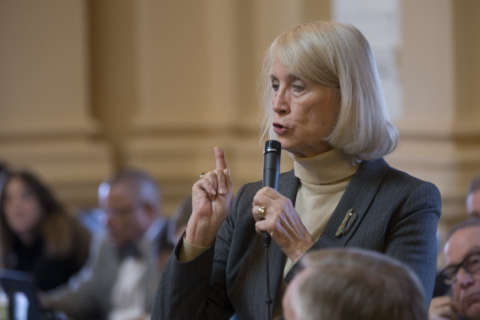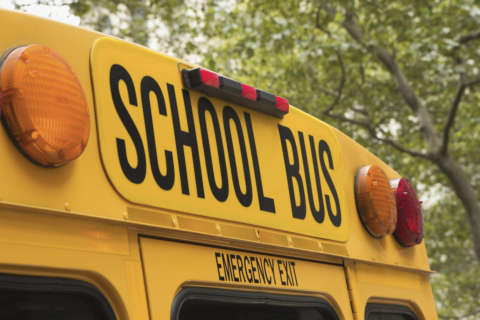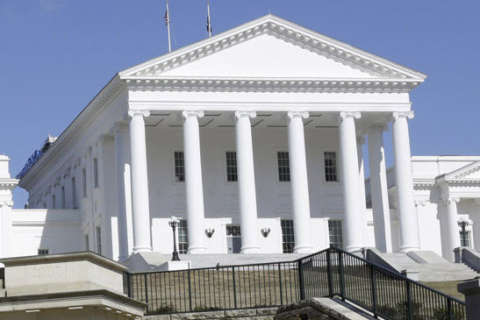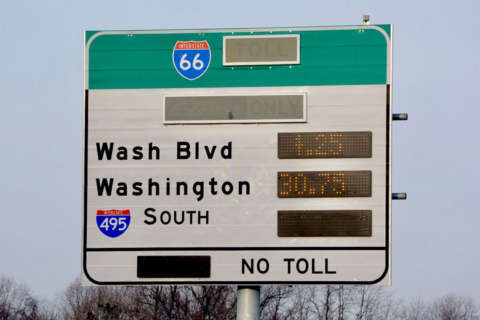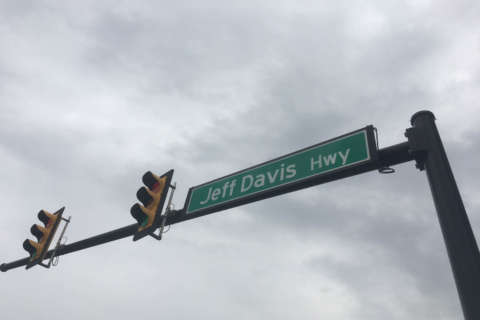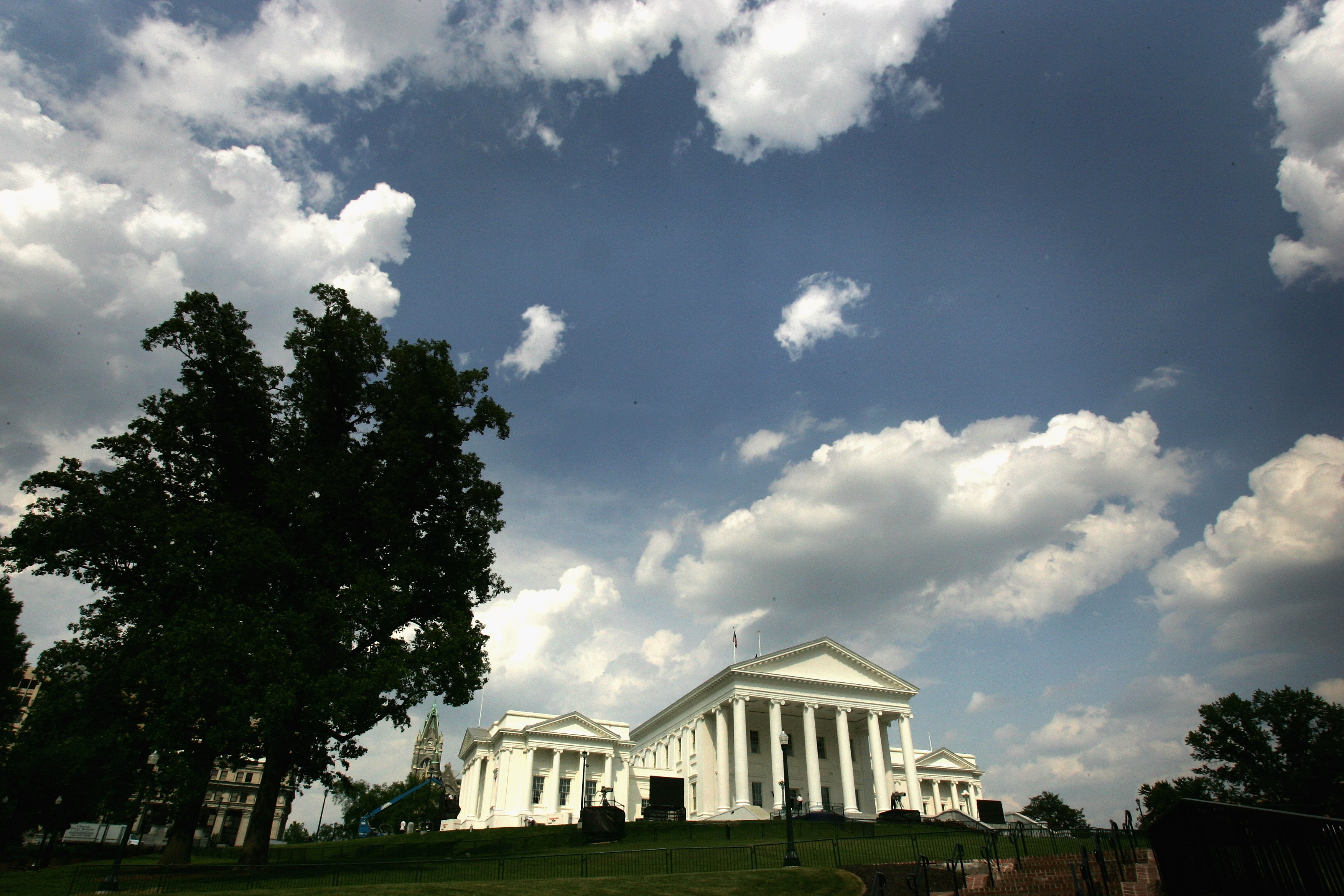WASHINGTON – Bills tied to free speech on college campuses and protections for student cell phone numbers advanced in Virginia’s General Assembly Friday.
The Senate voted 35-2 in favor of a bill exempting students’ personal phone numbers and email addresses from disclosure under the Freedom of Information Act. Many only learned the information was not protected when thousands of students got political text messages this fall during the governor’s race.
The bill still permits contact information to be shared with people at the university.
Free speech
After concerns about free speech on college campuses, including that some invited speakers have been or could be blocked from speaking or acting on campus, the House of Delegates voted 89-8 Friday for new reporting requirements about instances where free speech is disrupted.
“What this legislation is to do is to provide transparency,” said the bill’s sponsor Del. Steve Landes.
It expands on a law passed last year barring any public college or university from going beyond restrictions on speech permitted by the First Amendment.
If the bill passes the Senate and is signed into law, each school would be required to more publicly post and inform key staff about free speech policies, and file annual reports that describe “any barriers to free speech on campus; any incidents of disruption of free speech on campus, including any attempt to block or prohibit campus speakers and any investigation of students or student organizations for their speech; and any disciplinary action taken against the individual or entity that was responsible for any such barrier or incident of disruption.”
“I don’t think this is an undue burden on our institutions of higher learning,” Landes said.
He believes the bill would show whether free speech rights are being upheld.
Del. David Toscano of Charlottesville, the House minority leader, was one of the few in the House to vote against the bill.
While he supported the First Amendment protections instituted last year, he said the expanded bill could create reporting problems for schools while also leaving it unclear what incidents might be covered.
For example, if a student whose dorm room faces The Lawn at the University of Virginia put up a large sign supporting white supremacist Richard Spencer, Toscano said any opposition to that might fall into the category of a barrier to speech or disruption.

